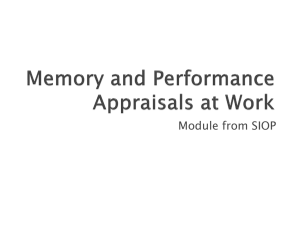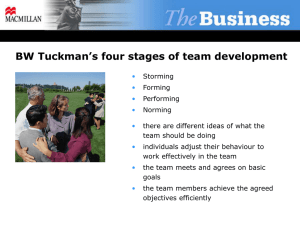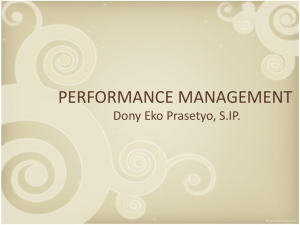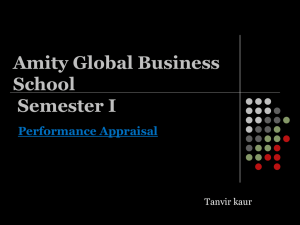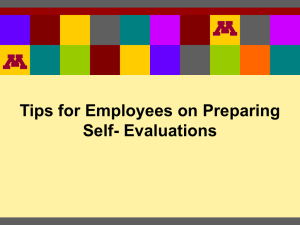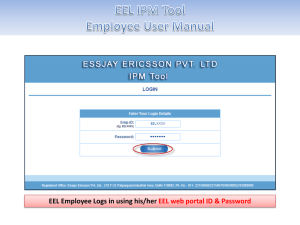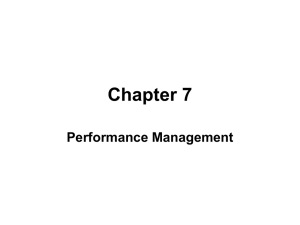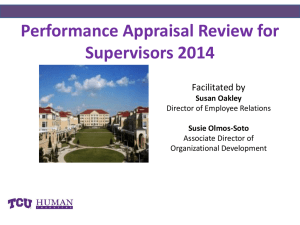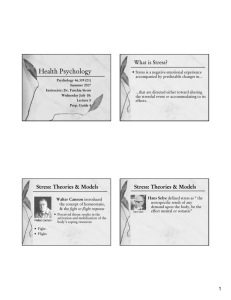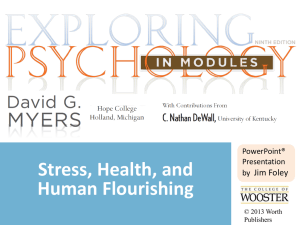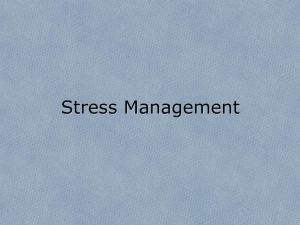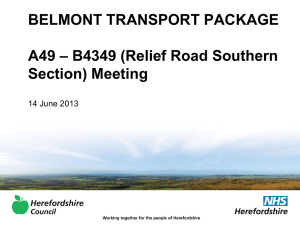Chapter 15 Review - Brimley Area Schools
advertisement
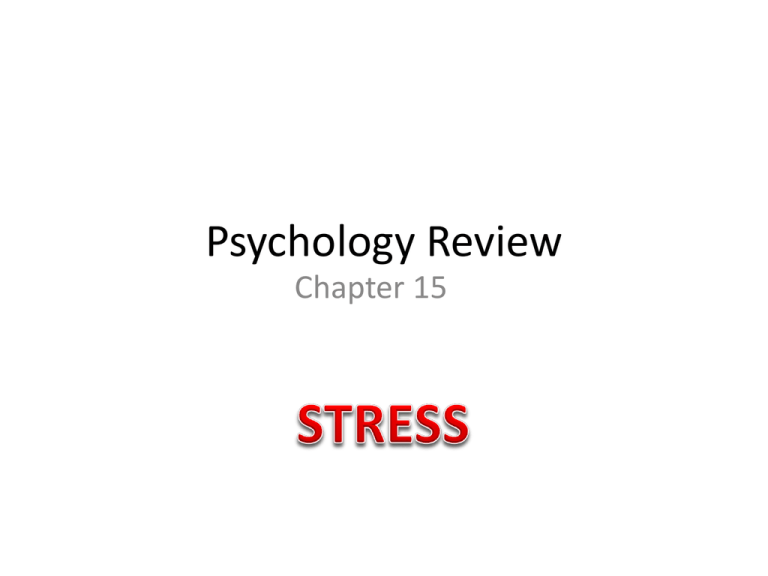
Psychology Review Chapter 15 A person’s reaction to his or her inability to cope with a certain tense event or situation. Stress “Good” stress. It stems from motivating strivings and challenges. What is Eustress. When a person must choose between two or more options that tend to result from opposing motives. What is conflict situation? “Bad” stress. Stems from acute anxiety or pressure. What is distress? Irate reaction likely to result from frustration. What is anger? Vague, generalized apprehension or feeling that one is in danger. What is anxiety? This evolutionary response is/was designed to prepare a person for self-defense. What is the fight-or-flight response? The stages in the body’s stress reaction. What is general adaptation syndrome? What are the three stages of general adaptation syndrome? What are Alarm, Resistance, and Exhaustion? Which personality type is generally relaxed and does not easily become angry? What is Type B? This is the usual reaction when a stressor involves real or imagined danger. What is fear? The level of stress a person feels depends on his or her a. Mood b. General outlook on life c. Appraisal of the situation d. Cultural background Answer: C Appraisal of the situation. This conflict situation occurs when an individual confronts two unattractive alternatives. What is avoidance-avoidance? What do you think Americans regard as one of the foremost irritants causing environmental stress in their lives? a. Their job b. Traffic jams c. Crowds d. noise Answer: D Noise A person’s _____refers to his or her initial evaluation of a situation. a. Immediate response b. Stress reaction c. Secondary appraisal d. Primary appraisal Answer: D Primary Appraisal A person under stress may develop a. Nervous habits b. Psychosomatic symptoms c. A weakened immune system d. All of the above Answer: D All of the above True or False? People who express or deny their negative emotions have a greater risk of getting cancer. Answer: False. People who do not express or deny their negative emotions have a greater risk of getting cancer! During which stage of the general adaptation syndrome is a person especially vulnerable to illness? What is the stage of exhaustion? During what stage of the general adaptation syndrome does the person find a way to cope with the stressor and ward off adverse reactions? What is the stage of resistance? Analyzing a situation from an emotionally detached viewpoint. What is intellectualization? When a person decides that the event is not really a stressor? What is Denial? Focusing attention with the goal of clearing one’s mind and producing an “inner peace”. What is meditation? The process of ____helps to determine the stress impact of an event. a. Cognitive learning b. Cognitive appraisal c. Biofeedback d. intellectualization Answer: B Cognitive Appraisal When you first enter college, you may undergo an emotional experience known as a. Autonomy b. College shock c. Developmental shock d. resynthesis Answer: B College Shock! College often challenges the ___a student established in high school. a. Identity b. Autonomy c. Attitudes d. friendships Answer: A Identity In college, you will meet people from a variety of different backgrounds. In this way, you will experience greater ___than ever before. a. Change b. Diversity c. Development d. autonomy Answer: B Diversity The mobilization for “fight or flight” occurs during which stage? What is alarm? Tony, a young boy, wants to pet a friend’s dog, but he is afraid that the dog will bite him. This is the ___conflict. a. Avoidance-avoidance b. Approach-avoidance c. Approach-approach d. Double approach-avoidance Answer: B Approach-Avoidance A(n) optimist/pessimist tends to see the dark side of a situation. Answer: pessimist A(n) optimist/pessimist tends to put on the best face on any set of events. An optimist! Stress may result in ____which are physical symptoms that are caused by stress and tension. What are psychosomatic symptoms? What are four active coping mechanisms discussed in your textbook? Any Four: Hardiness (Control/Commitment/Challenge) Controlling stressful situations Problem solving (confronting the matter head-on) Explanatory style (optimist or pessimist) Relaxation Biofeedback Humor Exercise Support groups Professional help Training Improving interpersonal skills Social support ____our ability to cope with stressful events. a. Has no effect on b. Usually increases c. Usually decreases d. Has an unpredictable effect on Answer: B Usually increases
